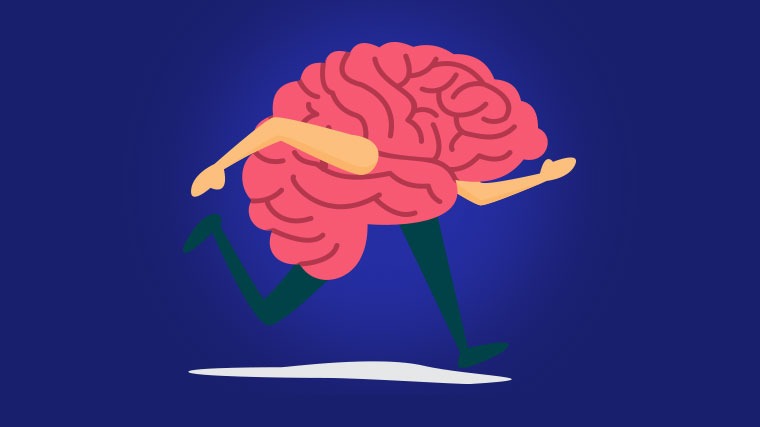News from QED Bioscience
Exercise Can Improve Memory
Roles for Osteocalcin and RbAp48
The visible benefits of physical exercise are obvious – increased muscle tone, weight control, improved sleep – but exercise also triggers the release of osteocalcin, a hormone normally released by bone cells, and osteocalcin can have a positive effect on memory. Studies done in the laboratories of Gerard Karsenty and Eric Kandel examined a role for osteocalcin in age-related memory loss and revealed that memory loss in aged mice could be improved by infusions of osteocalcin. The same improvements (i.e. improved performance in memory tests) were seen when blood plasma from young mice, which is rich in osteocalcin, was injected into aged mice. Conversely, depletion of osteocalcin in plasma from young mice with anti-osteocalcin antibodies eliminated the memory-improving effects.
Another protein that declines with age and has been associated with age-related memory loss is RbAp48. A recent study by Eric Kandel’s laboratory explored the function of RbAp48 in the brain and its connection to age-related memory loss. A series of elegant molecular and behavioral experiments revealed that RbAp48 is critical to the memory-improving effects of osteocalcin administration; if RbAp48 function was inhibited, osteocalcin infusions had no effect on performance in memory tests by aged mice.
Can these findings lead to a therapeutic that reverses memory loss in aged individuals? Perhaps, but it’s good to know that even moderate exercise, such as walking, triggers osteocalcin release.


